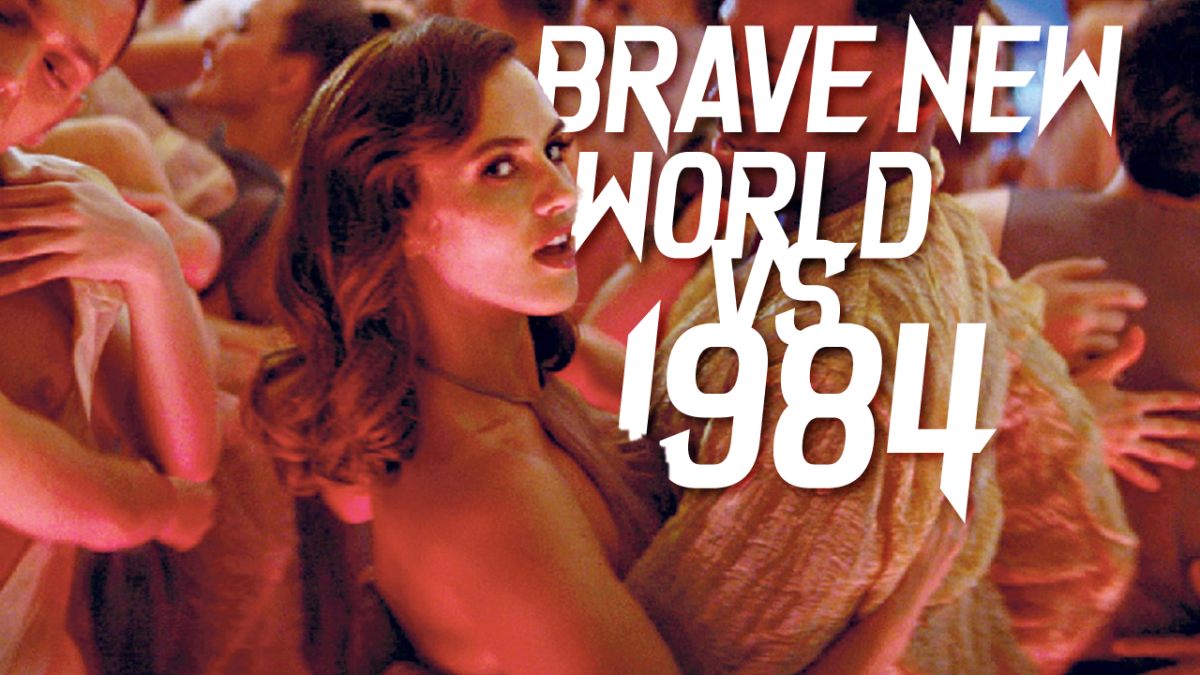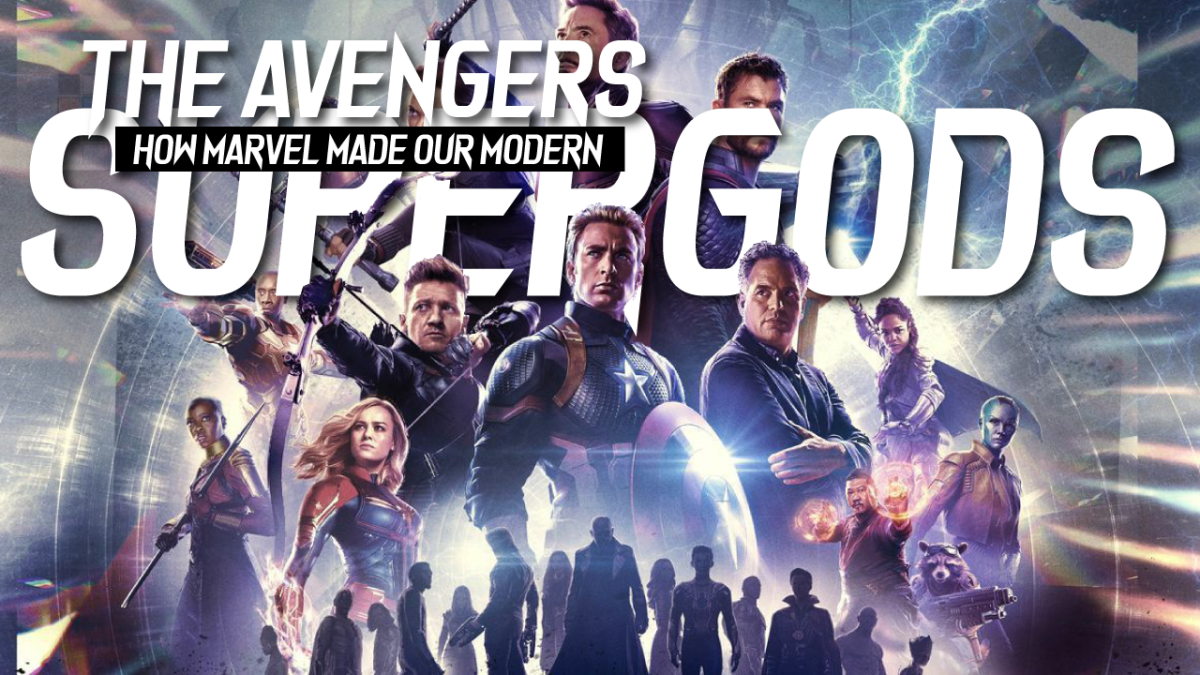Subscribe to the Science Fiction podcast
Insights and interviews on the art and craft of 21st century myth making.

Calling sci-fi a genre in 2016 is about as accurate as calling the United States one nation. In principle it’s true, but in practice things don’t work that way. While crime, romance and thrillers all remain as coherent genres of fiction, it’s been decades since sci-fi could be comfortably understood by any shared generic criteria. What do Neal Stephenson’s Seveneves, Joe Abercrombie’s Shattered Seas trilogy, the fiction of Silva Moreno Garcia and the erotic sci-fi of Chuck Tingle actually have in common, beyond being nominated for major sci-fi book awards this year?
“from any objective perspective, YA is the mainstream of sci-fi today”
The answer is they all belong to one of the eight tribes of sci-fi. Call them communities, call them cultures, but don’t call them genres. These eight groupings of sci-fi writers and their fans cut across the commercial marketing categories defined by publishers, and are unified instead by shared values and interests. After talking about bookish tribes in my Guardian column recently, I thought it would be fun to pin down the tribes within sci-fi. As with any typology, overlaps and exceptions exist, but as a professional book reviewer trying to understand the complex landscape of sci-fi writing today, this is the territory I have charted.
Commercial Storytellers
As Hollywood has always known, stories that appeal to tens or hundreds of millions of people all look much alike. The commercial storytellers tell archetypal tales, with the tropes of sci-fi providing a mere stage setting. George R R Martin, Stephen King, J K Rowling, in fact almost all the authors who sell a shed-ton of books to the masses are storytellers first and foremost. These writers may scavenge ideas from various genres, but they always upscale them to tell human stories with universal human appeal.
The Weirds
Most writers at some point play around with the effects that can be induced by engineering stories with internal inconsistencies, mashing together disparate metaphors, or simply being weird for weirds sake. The weirds take this as an end in itself. With China Mieville as their reigning king they were riding high for a while. However, with newer voices like Molly Tanzer’s Vermillion coming through, the American ‘bizarro fiction’ movement, and with authors including Joe Hill and Josh Mallerman rejuvenating the traditional horror genre, the Weirds are still among the most creatively interesting of the eight tribes
Hard Sciencers
There’s a near irreconcilable tension between the poetic values of literature, storytelling and novels, with the logic driven realms of science and technology. When Hard SF inhabits that tension, as it does in the novels of Kim Stanley Robison, and the best work of earlier masters like Robert A Heinlein, it produces some of the greatest writing of the the last century. But taken as a whole the Hard Sciencers slip easily into an ideological quest to prove science can stand alone without poetry, emotion, or human insight. From their pinnacle in the 1980s when authors like Larry Niven banged out bestseller after bestseller, the Hard Sciencers are now a dwindling minority even within areas they once dominated. But the recent success of The Martian and Gravity among other suggests that, when it remembers to tell great stories, there’s still a huge appetite for hard SF.
Military Conservatives
During it’s Golden Age sci-fi became deeply associated with the values of the American dream. As those values have unwound America’s conservatives have retreated to sci-fi as a safe space to indulge their nationalist military fantasies. Amazon’s Author Rank for science fiction is packed with military SF novels, most of them repeating the same themes of Earth under attack by aliens, through to full fledged survivalist “prepper” fantasies, most self published and appealing to a small but committed audience of Donald Trump supporting SF readers. Given their aggressive, paranoid tendencies it’s hardly surprising these fans are fighting an imaginary war against the other tribes of sci-fi by protesting the Hugo awards
Progressive Fantasists
If you want to make the world a better place, you need a space to imagine what that place might look like. From George Orwell’s Animal Farm and 1984, way back to Thomas More’s Utopia and even further, writers have fantasised about the possibilities of progress, both good and bad. But it was the New Wave movement of the 60s, including Ursula Le Guin and Samuel Delany, who began pushing the boundaries of progressive SF. The annual James Tiptree Jnr awards highlight much of the best these folks have to offer, including a recent win for Monica Byrne’s The Girl In The Road. With Charlie Jane Anders All The Birds In The Sky and Daniel Jose Older’s Shadowshaper among a wave of recent titles presenting challenging visions and re-imaginings of our reality, progressive fantasy seems more and more like the future of sci-fi.
YA Adventurers
They say the golden age of sci-fi is 15, and by that measure young adult writers are the ones really inspiring sense of wonder in young readers today. Even putting aside big hitters like the Hunger Games, Twilight, Divergent and the Maze Runner, YA is a rich field for fantastic literature. The Knife of Never Letting Go by Patrick Ness, Malorie Blackman’s Noughts and Crosses, Garth Nix’ Abhorsen series, Holly Black’s various faerie inspired tales…I could make a really really long list of great YA sci-fi all to make the point that, from any objective perspective, YA is the mainstream of scifi today. But even when YA has interesting things to say for itself, it tends to hold younger readers with archetypal adventure “coming of age” stories that, by their nature, become less interesting for older readers
The LitFic Tourists
It’s a rare trick for a writer to be both widely read and critically acclaimed. When literary writers wander into scifi, the attempt to be both often ends up being neither. Justin Cronin’s The Passage was a huge book that sold for a hefty advance and has been duly marketed to hell and back by its publisher. But alongside its two equally huge sequels forms a vampire adventure story that suffers from being neither very scary nor particularly exciting. On the flip side the short stories of Kelly Link, which recently earned their author a place as a Pulitzer prize finalist, are sci-fi down to their genes but you could read them all and never know it. The crossover of literary and genre scifi produces some startlingly original books, but it also leads to some of the most ill conceived and downright dull chunks of wordage out there.
Sexy Beasts
Sometimes, people just want a guilt free alien wereleopard tentacle sex fantasy, and scifi is there to give it to them. Authors like Laurel K Hamilton, Charlaine Harris and of course E L James have made sexy vampire tales mainstream, but there’s a long history of raunchy, and sometimes sadly exploitative, sex fantasy in sci-fi. John Norman’s Gor novels amounted to little more than misogynistic S&M fantasies, but similar themes get more sophisticated treatment in Jaqueline Carey’s Kushiel’s Legacy fantasy series and elsewhere. Add in the staggering popularity of dinosaur erotica and the kind of sci-fi themed smut that gave the world Space Raptor Butt Invasion, and it’s clear that no understanding of scifi today is complete without the sexy beasts.





There is no escape from technology but people who use technology without understanding it help mess up the planet. Men who love cars but don’t know a cam shaft from a crank shaft.
LikeLike
And Spider Robinson objected to the label, “Sci Fi.” He retaliated by asking about “Scum Fum,” as the singular for the plural “sci fi.”
LikeLike